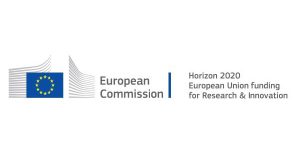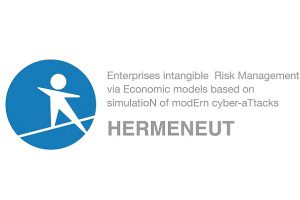
Project Description
Cyber security breaches preying on companies’ vulnerable networks, are already part of day-to-day business. Today, to put it bluntly, a mere distinction is made between companies that have been hacked and those unaware of having been hacked. Classical risk analysis methodology, which aims at protecting and covering tangible assets, is inadequate with regard to modern-day cyber-attacks.
For digitalized businesses, intangible assets include the reputation of said business, intellectual property, technological expertise, and brand value, all of which require new insurance strategies and risk management. To foster a culture of inclusive risk management by both individual organizations and complete sectors, ”Enterprises’ Intangible Risks Management via Economic Models Based on Simulation of Modern Cyber-Attacks – HERMENEUT” assesses various organisations’ vulnerabilities and their corresponding at-risk assets, focusing on economic issues of cybersecurity. In this context, answers to the following questions were sought:
- What are the implications or explicit business models of different types of cyber-attacker? What are their incentive structures, and how can these be affected?
What are the short-, medium- and long-term risks and consequences for companies following a cyber-attack for both tangible and intangible assets?
Do other types of attacks, beyond data breaches, severely impact intangible and tangible assets?
What influence do publications of exploits have on the probability of attacks?
Does the probability of an attack depend on variables such as the type of business, the market size, or the market power?
HERMENEUT’s cyber-security cost-benefit approach combines integrated assessment of companies’ vulnerabilities and the likelihood of these vulnerabilities with an economic model for intangible costs. This model delivers a quantitative estimation of the risks for an organisation or a business sector, as well as investment guidelines for mitigation measures. The project was part of the EU-funded Horizon 2020 research and innovation programme. BIGS, together with nine partners from Belgium, France, the United Kingdom, Israel and Italy. It helped in developing an innovative methodology and an advanced micro- and macro-economic model, making it available to the European research community.
Publications
Projekt Partners

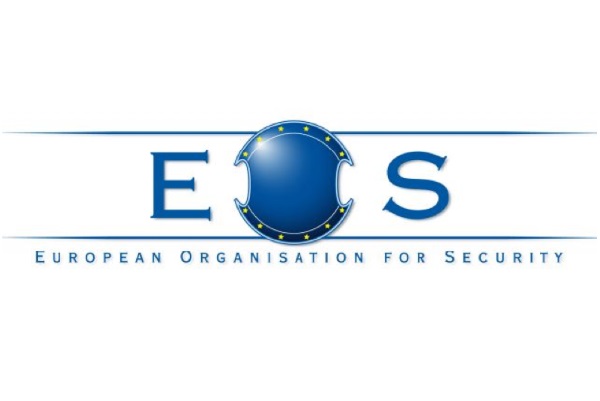
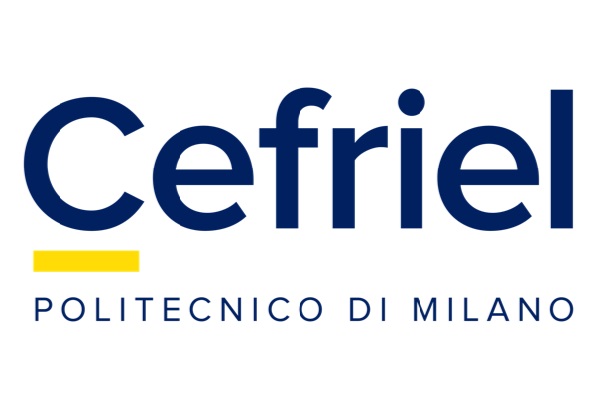


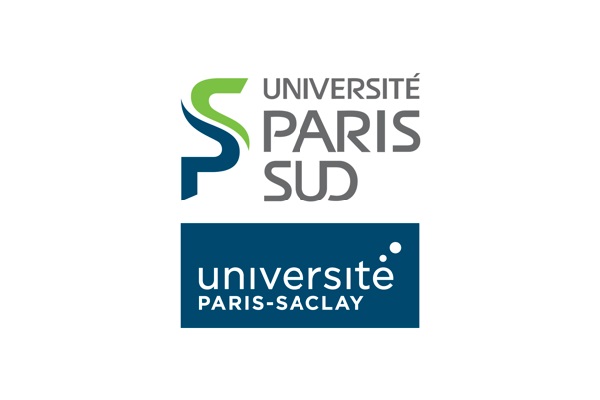
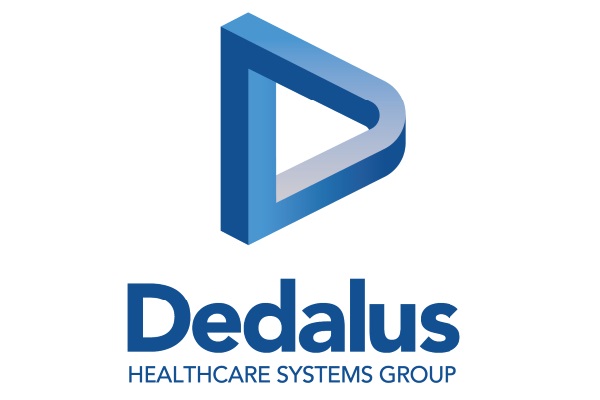
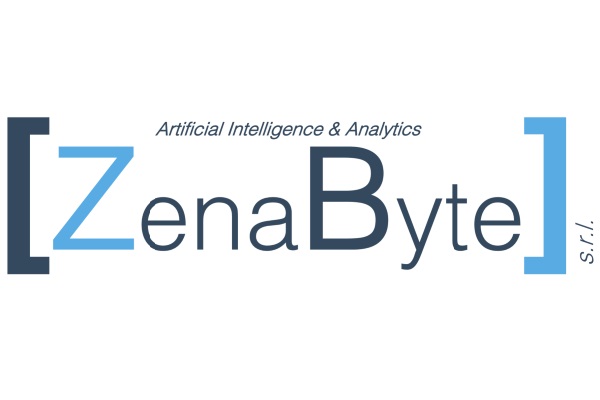

Project Funding
